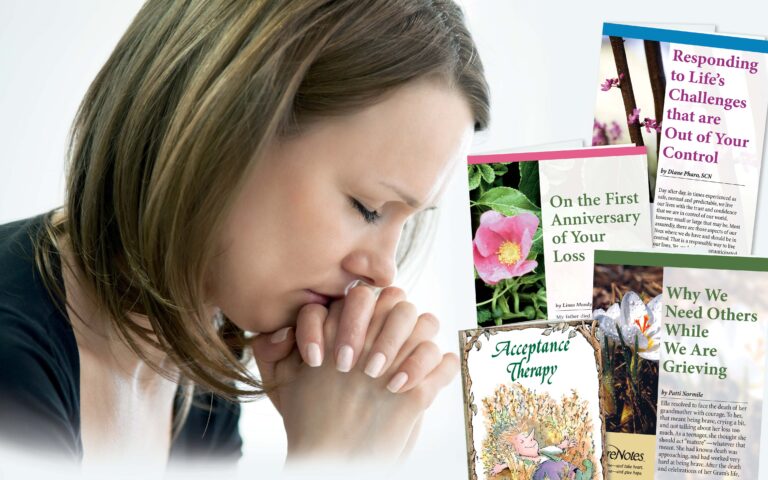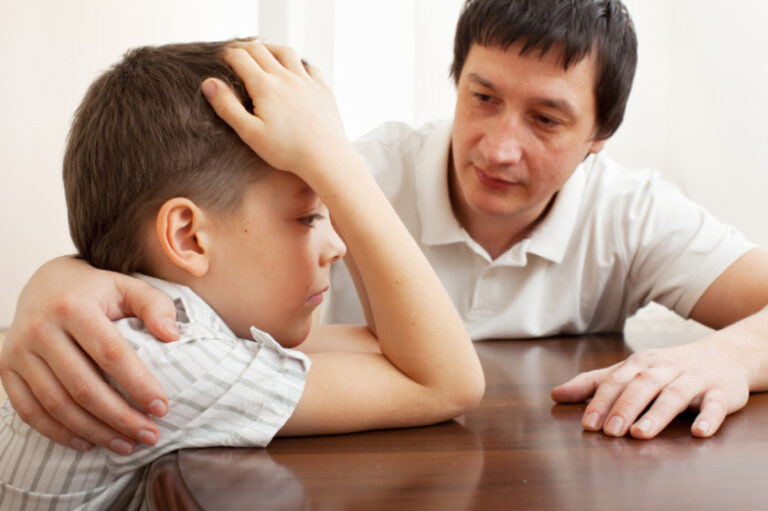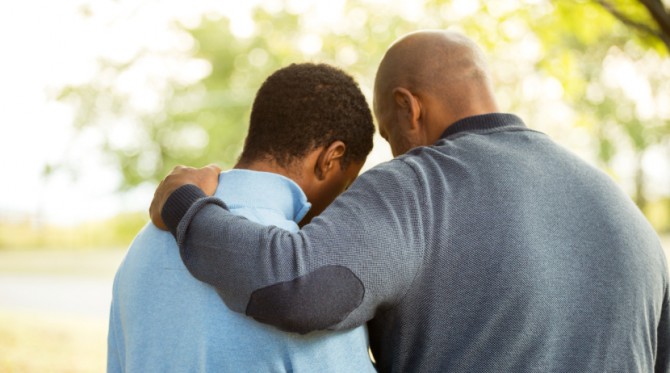These are the voices of parents of some of the many thousands of children who are stillborn, who die as newborns, or who succumb to Sudden Infant Death Syndrome each year. These tragic deaths leave parents with shattered dreams, empty arms, disbelief, and deep pain. They are left with many difficult decisions and many unanswered questions.
The death of an infant child is one of the most painful occurrences life can bring. If you, or someone you love, is experiencing this pain, please know that you are not alone in your grief. Here are 5 helpful suggestions from other parents who have experienced the death of a baby.
Accept your feelings – whatever they are. You may have feelings that seem ugly and shocking to you—rage, guilt, envy, self-pity. These feelings are valid and need to be recognized. Do not judge yourself harshly because of them; having them does not mean you are emotionally unstable.
Give voice to your feelings. The best way to help your- self through grief is to talk with others who understand and to let them know your need for support. You may have found that the responses of family and friends aren’t always in tune with your feelings. Friends and relatives often try to protect a grieving mother by not talking about the baby, and they frequently ignore a father’s grief. Talk about your baby and your feelings. You and your spouse will have a lot to say to each other and to any good listeners.
Locate a support group in your area. A support group can be a place of comfort, strength, and hope for you. It provides a safe environment for you to work through your feelings about your infant’s death. You will not be pressured to talk. Parents share when and what they can.
Be gentle with yourself. Grief affects your eating and sleeping habits, your energy level, and your ability to concentrate. A balanced diet, adequate fluids, moderate physical exercise, and sufficient rest are especially important during the mourning period. See your physician if you have disturbing physical symptoms.
Say good-bye in your own way and time. At some point down the line, a ritual to commemorate your lost child—perhaps one held within your faith community or among close friends—may provide closure for you and accomplish some important purposes.
As you give yourself time to grieve, you will eventually find that the periods of sadness occur farther and farther apart, even though your baby will always have a special place in your heart and memory. There will be times such as holidays and birthdays when the sadness will seem as sharp as fresh grief, but there will also be times when your heart will feel free and strong.
Excerpt from “Handling the Heartbreak When a Baby Dies” from CareNotes.






